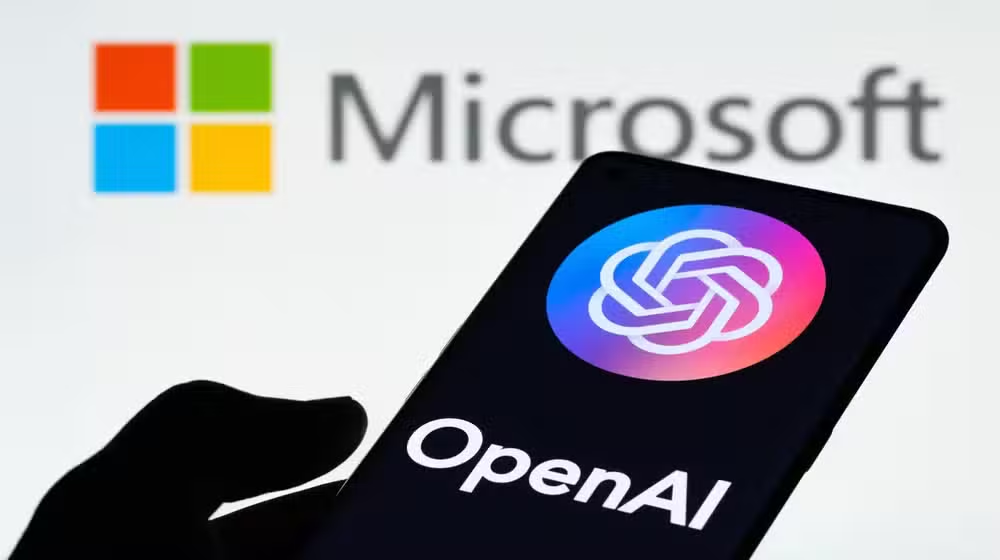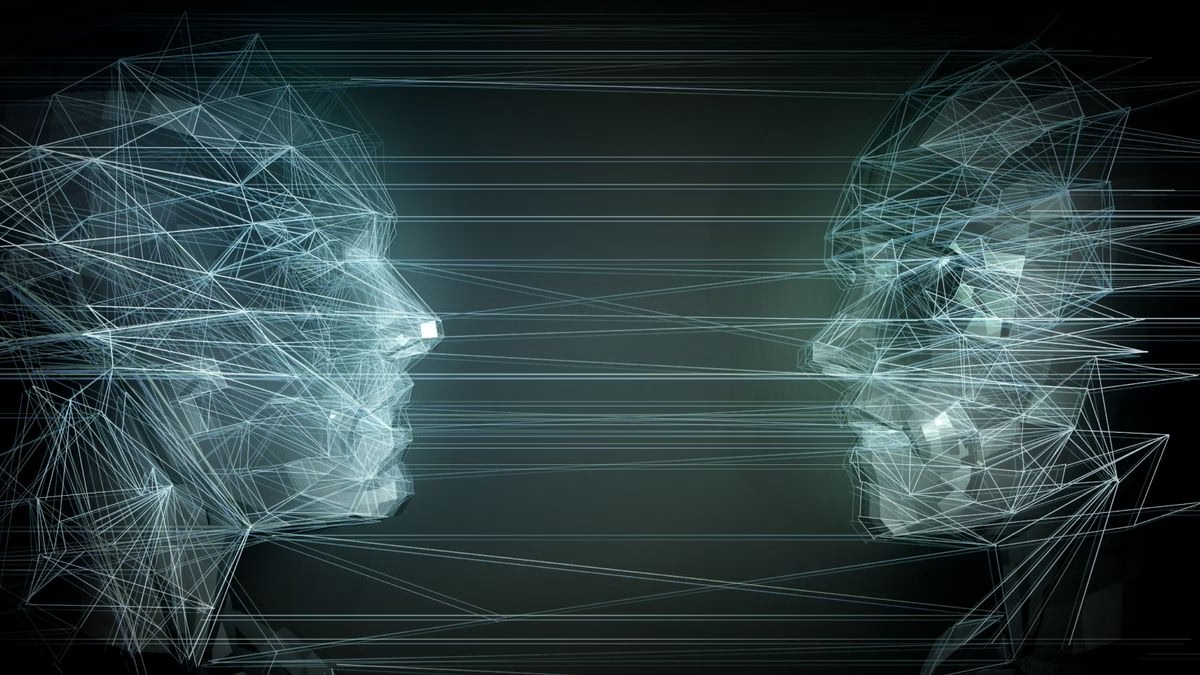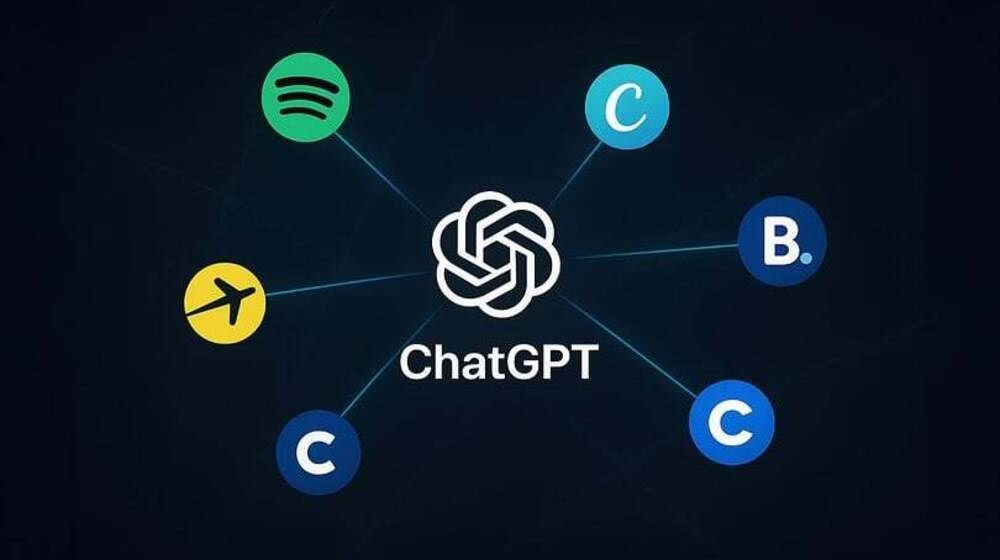In a landmark development, Microsoft and OpenAI have finalized a transformative deal allowing the artificial intelligence firm to restructure as a public-benefit corporation (PBC). This restructuring removes a major limitation that had restricted OpenAI’s ability to raise external capital since 2019. The agreement, which values OpenAI at an estimated $500 billion, marks a new chapter in the company’s evolution, providing it with more operational flexibility while maintaining its commitment to public good.
A New Structure for OpenAI
Under the new arrangement, Microsoft will retain a 27% ownership stake in OpenAI Group PBC, equivalent to about $135 billion in value. The public-benefit corporation will operate under the supervision of the OpenAI Foundation, a nonprofit body that will continue to oversee ethical and governance responsibilities.
This restructuring simplifies OpenAI’s previously complex hybrid model, which balanced nonprofit and capped-profit objectives. It also sets the foundation for future growth, ensuring that OpenAI can now pursue larger funding rounds and partnerships without the restrictions of its earlier structure.
Bret Taylor, the chair of OpenAI’s board, described the move as a strategic milestone. He stated that the new structure provides the foundation with a direct path to major resources as OpenAI continues its journey toward achieving artificial general intelligence (AGI)—the stage where AI systems possess human-like reasoning and cognitive abilities.
Addressing Longstanding Tensions
The Microsoft and OpenAI deal also resolves several tensions that have existed since their original partnership began in 2019. At that time, Microsoft agreed to provide critical cloud computing infrastructure through Azure in exchange for exclusive rights to OpenAI’s outputs.
However, as ChatGPT and other OpenAI products gained rapid global adoption, the company’s computational demands increased dramatically. This led to concerns that the original agreement restricted OpenAI’s ability to secure additional cloud partners or raise capital from other investors.
With the new deal finalized, OpenAI will no longer be tied exclusively to Microsoft for its cloud services. Instead, it has agreed to purchase $250 billion worth of Microsoft Azure services, ensuring continued collaboration without exclusivity.
Moreover, Microsoft has waived any rights to OpenAI’s hardware developments, including intellectual property from its acquisition of io Products, a design firm previously led by Apple’s former design chief, Jony Ive. This adjustment allows OpenAI greater creative freedom to develop and control its own hardware and research initiatives.
Financial Returns and Future Collaboration
Microsoft’s original investment of $13.8 billion in OpenAI has proven remarkably profitable, now reflecting nearly a tenfold return. The announcement of the restructuring led to a 2.5% rise in Microsoft’s share price, temporarily pushing its market capitalization above $4 trillion—a new milestone in the company’s history.
Both companies have reaffirmed their long-term partnership, which will extend through 2032. The deal guarantees Microsoft continued access to OpenAI’s models and technologies, even in the event that OpenAI achieves AGI. An independent panel will be established to verify AGI development milestones to ensure transparency and accountability.
This ongoing collaboration is expected to strengthen Microsoft’s leadership in AI integration across products like Copilot, Bing Chat, and Azure OpenAI Service, further deepening its presence in enterprise and consumer AI markets.
Industry Reaction and Analysis
Industry analysts view the Microsoft and OpenAI restructuring as a defining move for the AI sector. Gil Luria, head of technology research at DA Davidson, noted that the restructuring clarifies ownership rights and eliminates confusion about OpenAI’s nonprofit roots. This deal brings stability and transparency to one of the most significant partnerships in technology today, Luria said.
Adam Sarhan, CEO of 50 Park Investments, added that the simplified structure creates a clearer path for innovation and accountability,highlighting that it balances corporate ambition with ethical oversight. However, he also cautioned that questions remain about OpenAI’s long-term governance and transparency, especially regarding data privacy and AI safety.
Strategic Timing and Global Impact
The timing of the Microsoft and OpenAI deal coincides with major shifts in the global technology landscape. It comes just days before Microsoft CEO Satya Nadella’s scheduled address at the company’s annual developer conference in Washington, DC, where AI advancements are expected to be a central topic.
Additionally, the announcement followed Nvidia’s investment in Nokia, signaling increasing competition among global tech giants to expand their influence in the AI hardware and infrastructure space. With OpenAI now positioned as a public-benefit corporation, it is better equipped to compete globally and to attract investors who share its dual commitment to innovation and social responsibility.
The Road Ahead for OpenAI
The Microsoft and OpenAI restructuring not only provides financial and operational flexibility but also reinforces the company’s mission to develop safe, ethical, and beneficial AI systems. The public-benefit model ensures that profit-making remains balanced with public interest—preserving OpenAI’s founding principle of ensuring AI benefits all of humanity.
By freeing OpenAI from its restrictive investment structure, this deal opens new opportunities for partnerships, faster innovation, and greater transparency in AI research. Analysts expect this move to accelerate progress in AI-driven industries such as healthcare, education, defense, and digital infrastructure.
The finalized Microsoft and OpenAI deal marks a turning point in the evolution of artificial intelligence governance and corporate collaboration. By restructuring into a public-benefit corporation, OpenAI now has the freedom to scale, innovate, and collaborate globally while maintaining ethical oversight from its nonprofit foundation.
For Microsoft, the deal secures a powerful strategic position in the AI revolution. For OpenAI, it opens a new era of opportunity—one defined by financial independence, global partnerships, and a renewed focus on achieving artificial general intelligence responsibly and transparently.



